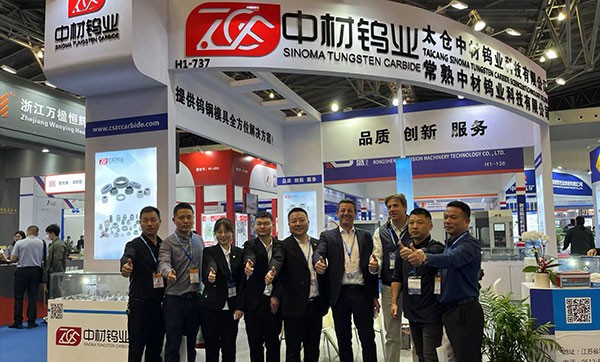In the global landscape of manufacturing, the success and reputation of a production factory hinge upon its ability to meet stringent standards of quality, efficiency, and sustainability. A qualified production factory is not merely a site of mass production; it is a nexus of innovation, precision, and responsibility. From ensuring the safety of its workers to delivering top-notch products, several critical conditions must be met to qualify as a reputable production facility.
1. Compliance with Regulations and Standards:
Adherence to local and international regulations is paramount for any production facility. From labor laws to environmental regulations, a qualified factory must operate within legal boundaries. Additionally, conforming to industry-specific standards such as ISO certifications ensures that the products meet recognized quality benchmarks.
2. Workforce Safety and Well-being:
A factory's workforce is its backbone, and their safety and well-being are non-negotiable. Adequate safety protocols, regular training sessions, ergonomic workstations, and access to personal protective equipment (PPE) are essential for maintaining a secure working environment. Furthermore, initiatives promoting employee welfare, such as healthcare benefits and fair wages, contribute to a positive workplace culture.
3. Efficient Production Processes:
Efficiency is the cornerstone of a qualified production factory. Optimized workflows, streamlined processes, and the integration of advanced technologies like automation and robotics enhance productivity while minimizing waste. Continuous improvement methodologies such as Lean Six Sigma help in identifying bottlenecks and enhancing operational efficiency.
4. Quality Control Measures:
Maintaining consistent product quality is imperative for sustaining customer satisfaction and brand reputation. Robust quality control measures, including regular inspections, testing procedures, and adherence to strict quality standards throughout the production cycle, are indispensable. Implementing techniques like Total Quality Management (TQM) fosters a culture of quality consciousness among the workforce.
5. Environmental Sustainability:
In an era marked by growing environmental concerns, a qualified production factory must prioritize sustainability. Adopting eco-friendly practices, reducing carbon footprint, minimizing waste generation, and implementing energy-efficient technologies contribute to environmental conservation. Certifications such as LEED (Leadership in Energy and Environmental Design) underscore a factory's commitment to sustainable operations.
6. Supply Chain Transparency and Responsibility:
A factory's responsibility extends beyond its premises to encompass its entire supply chain. Transparency in sourcing raw materials, ethical procurement practices, and compliance with fair labor standards within the supply chain are essential. Collaborating with suppliers who share the same commitment to ethical and sustainable practices reinforces the factory's reputation as a responsible corporate citizen.
7. Continuous Innovation and Adaptability:
Innovation is the lifeblood of a qualified production factory. Embracing emerging technologies, investing in research and development, and fostering a culture of innovation propel the factory towards excellence. Moreover, the ability to adapt to changing market dynamics, customer preferences, and technological advancements is crucial for long-term success in a competitive landscape.
8. Community Engagement and Social Impact:
A production factory's relationship with the community it operates in goes beyond economic transactions. Engaging with local communities through corporate social responsibility initiatives, supporting education, healthcare, and infrastructure development projects, and being responsive to community concerns foster goodwill and trust. A factory that actively contributes to the social fabric of its surroundings earns respect and support from its stakeholders.
In conclusion, the journey towards becoming a qualified production factory demands a holistic approach that encompasses legal compliance, workforce welfare, operational excellence, environmental stewardship, ethical supply chain practices, innovation, and social responsibility. By meeting these conditions, a production facility not only ensures its own success but also contributes positively to the broader socio-economic ecosystem.




